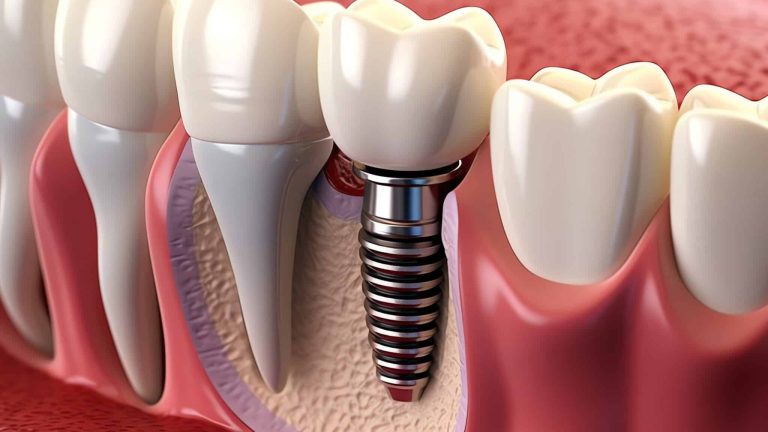Introduction
Women’s oral health is deeply influenced by the hormonal changes that occur throughout their lives. From puberty to menopause, hormonal fluctuations can affect the gums, teeth, and overall oral health. Understanding how these stages impact your mouth is essential to maintaining a healthy smile at every phase. In this article, we will explore how women can care for their oral health during the key moments of their lives and what preventive measures to take to avoid problems.
The Relationship Between Hormones and Oral Health
Female hormones, such as estrogen and progesterone, play an important role in oral health. These hormones affect blood flow in the gums, the body’s response to bacterial plaque, and the ability of oral tissues to heal. This means that women may experience significant changes in their oral health during certain life stages.
1. Puberty: The Beginning of Changes
Puberty marks the start of hormonal changes in the female body. During this stage, the levels of estrogen and progesterone increase, which can have a direct impact on oral health.
Common Problems:
- Pubertal Gingivitis: Gums may become inflamed and bleed more easily due to increased sensitivity to bacterial plaque.
- Cavities: Changes in eating habits, such as increased consumption of sugary foods, can raise the risk of cavities.
- Bad Breath: Plaque buildup and hormonal changes can contribute to persistent bad breath.
Recommended Care:
- Maintain a strict brushing and flossing routine.
- Schedule regular dental visits for cleanings and check-ups.
- Limit the consumption of sugary foods and carbonated beverages.
2. Menstruation: Cyclical Changes
During the menstrual cycle, many women experience temporary changes in their oral health due to hormonal fluctuations.
Common Symptoms:
- Inflamed Gums: Some women notice that their gums become swollen or bleed just before their period.
- Oral Ulcers: Small sores may appear as a result of hormonal changes.
- Dental Sensitivity: Teeth may become more sensitive during this phase.
Recommended Care:
- Use an antiseptic mouthwash to reduce gum inflammation.
- Avoid acidic or spicy foods that may irritate ulcers.
- Consult your dentist if symptoms persist or worsen.
3. Pregnancy: Caring for the Oral Health of Two
Pregnancy is a unique stage in a woman’s life, accompanied by significant hormonal changes that can affect oral health.
Common Problems:
- Pregnancy Gingivitis: Up to 60-70% of pregnant women experience gum inflammation.
- Pregnancy Tumors: Benign growths on the gums that typically disappear after childbirth.
- Increased Risk of Cavities: Cravings for sugary foods and morning nausea can elevate the risk of cavities.
Recommended Care:
- Schedule a professional dental cleaning during the second trimester.
- Brush your teeth after every meal and floss daily.
- If you experience morning nausea, rinse your mouth with water and baking soda to neutralize acids.
Impact on the Baby:
- A mother’s oral health can influence the baby’s health. Oral infections, such as periodontitis, have been linked to premature births and low birth weight.
4. Menopause: Long-Term Changes
Menopause brings about a decrease in estrogen levels, which can have a significant impact on oral health.
Common Problems:
- Dry Mouth: Reduced saliva production increases the risk of cavities and gum disease.
- Osteoporosis: Loss of bone density can affect the bones supporting the teeth.
- Burning Mouth Syndrome: A burning sensation in the mouth, often with no obvious cause.
Recommended Care:
- Use products designed for dry mouth, such as moisturizing rinses or sugar-free chewing gum.
- Ensure you consume enough calcium and vitamin D to maintain bone health.
- Attend regular dental check-ups to monitor the health of your gums and bones.
5. At All Stages: Oral Health and Systemic Diseases
Women have a higher risk of certain systemic conditions that can affect their oral health, such as diabetes and rheumatoid arthritis.
Diabetes:
- Women with diabetes are at an increased risk of periodontal disease.
- Keeping blood sugar levels under control is essential to prevent oral complications.
Rheumatoid Arthritis:
- This inflammatory disease can make oral hygiene challenging due to joint pain.
General Care:
- Maintain open communication with your dentist about any medical conditions.
- Customize your oral care based on your specific needs.
General Tips for Women at All Stages
- Brushing and Flossing:
- Brush at least twice a day with a soft-bristled toothbrush.
- Floss daily to remove plaque between teeth.
- Regular Dental Visits:
- Attend check-ups and professional cleanings at least twice a year.
- Healthy Diet:
- Consume a balanced diet rich in calcium, vitamin D, and antioxidants to keep your teeth and gums strong.
- Avoid Tobacco:
- Smoking significantly increases the risk of gum disease and oral cancer.
- Stay Hydrated:
- Drink enough water to maintain proper saliva production.
Real-Life Cases: Women Who Transformed Their Oral Health
At Clínicas La Guardia, we have helped women at all stages of life improve their oral health. One example is a pregnant patient who arrived with advanced gingivitis. Through regular cleanings and oral care education, we were able to control the inflammation and ensure a healthy pregnancy.
Conclusion
Women’s oral health is closely linked to the hormonal changes that occur throughout life. From puberty to menopause, it is essential to adopt specific care routines and visit the dentist regularly to prevent problems and maintain a healthy smile. At Clínicas La Guardia, we offer personalized care for every stage of life. Schedule your appointment today and take care of your smile during every important moment!




